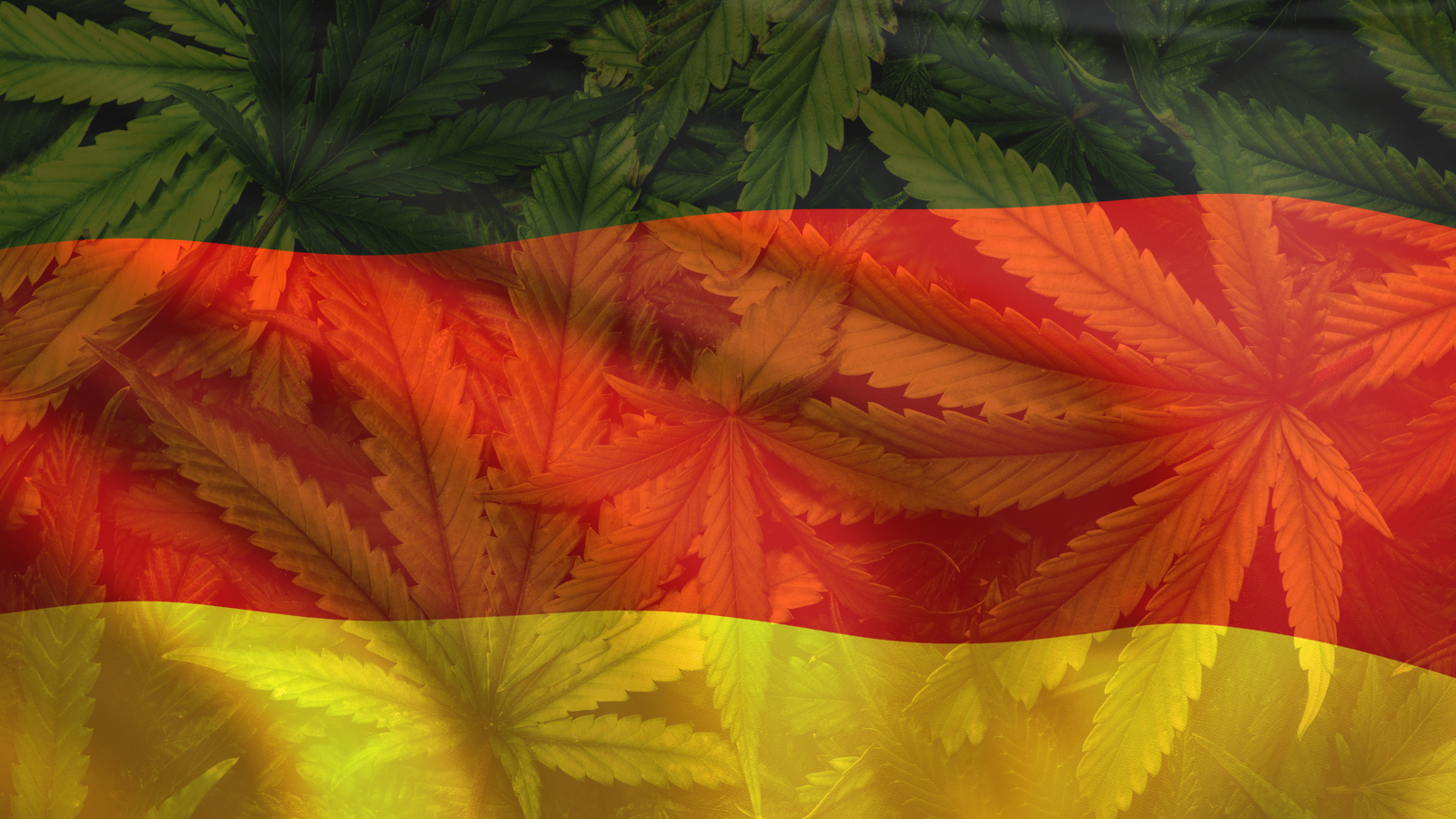The progressive winds of change are blowing in Germany, as the country sets its sights on legalizing recreational marijuana use. In a groundbreaking move, the German government approved a plan that could permit adults to purchase and possess small quantities of cannabis. While this development marks a significant shift in the country’s drug policy, the legislation still awaits the crucial seal of approval from the German Parliament.
The Path to Legalization
Germany’s journey toward legalizing marijuana took a significant step forward with the endorsement of a three-party coalition’s cabinet. This landmark decision ushers in the possibility for adults to legally buy and hold up to 25 grams of recreational cannabis. The catch, however, lies in the pending parliamentary approval, which, if secured, would make Germany a trailblazer in Europe as the first major nation to fully legalize marijuana.
Significance of the Legislation
Karl Lauterbach, Germany’s health minister, aptly characterized the legislation as a transformative force in drug policy. Speaking at a news conference, Lauterbach emphasized that the law signifies a concept of “controlled legalization” and heralds a lasting change. It’s important to note that while purchasing cannabis remains illegal under current German law, consumption is not prohibited.
Top Reads: Keep Your Skin Refreshed and Soothed with Assuage Sunshine
Implementation Challenges
The journey to legalization wasn’t without its hurdles. The government’s initial proposition for distributing marijuana through commercial stores faced staunch opposition from the European Union’s executive arm, the European Commission. The setback prompted a recalibration of the approach. The newly approved legislation introduces the concept of licensed private cultivation associations, allowing individuals to buy up to 25 grams per day and up to 50 grams monthly.
Distribution Model
The approved plan pivots towards licensed cultivation associations rather than commercial outlets. This innovative approach aims to balance controlled distribution with responsible consumption. Additionally, the German government intends to initiate regional pilot programs, involving a select number of licensed specialty shops, to gather insights into the potential impact of commercial cannabis sales. This strategy takes inspiration from similar programs in the Netherlands and Switzerland.
Response to Criticism
As is customary with significant policy changes, the legislation faced criticism from both ends of the spectrum. Lauterbach, addressing the backlash, argued that the diverse range of concerns is indicative of a well-crafted law that maintains proportionality. The government’s intentions are clear: to promote safer consumption, especially among minors and young adults, without widespread expansion.
Proponents’ Perspective
Supporters within Germany’s governing coalition view the legislation as a much-needed adjustment to an outdated drug policy. They emphasize that the current approach to cannabis has reached its limits and that the proposed law could effectively curtail the illicit black market. Marco Buschmann, the federal minister of justice, stressed the importance of combining realism with prevention to achieve these goals.
Global Context
Germany’s move toward legalization aligns with a growing trend in the European Union. Malta, a small Mediterranean nation, notably became the first EU country to legalize marijuana. This points to a broader shift in attitudes and policies towards cannabis across the region.
In conclusion, Germany’s significant step toward legalizing marijuana reflects a changing landscape in drug policy. The endorsement of legislation allowing small-scale cannabis possession could pave the way for an innovative and controlled approach to consumption. While critics and proponents debate the merits, Germany’s decision holds the potential to shape the future of marijuana policy not only within its borders but also across the European Union.
FAQs (Frequently Asked Questions):
- Is marijuana currently legal in Germany?
- No, it is currently illegal to buy cannabis in Germany, although consumption is not prohibited.
- What are licensed private cultivation associations?
- These are authorized groups where individuals can collectively cultivate and distribute cannabis within specified limits.
- Will minors be allowed to possess marijuana under the new law?
- No, the legislation prohibits marijuana possession for those under 18 and places limits on young adults aged 18 to 21.
- Why did the government abandon the idea of commercial stores for marijuana distribution?
- The European Commission expressed concerns, prompting the government to adopt a different distribution model.
- How might Germany’s move impact other European countries?
- Germany’s decision could influence other EU nations considering similar marijuana policy changes, mirroring the shift seen in Malta.



COMMENTS